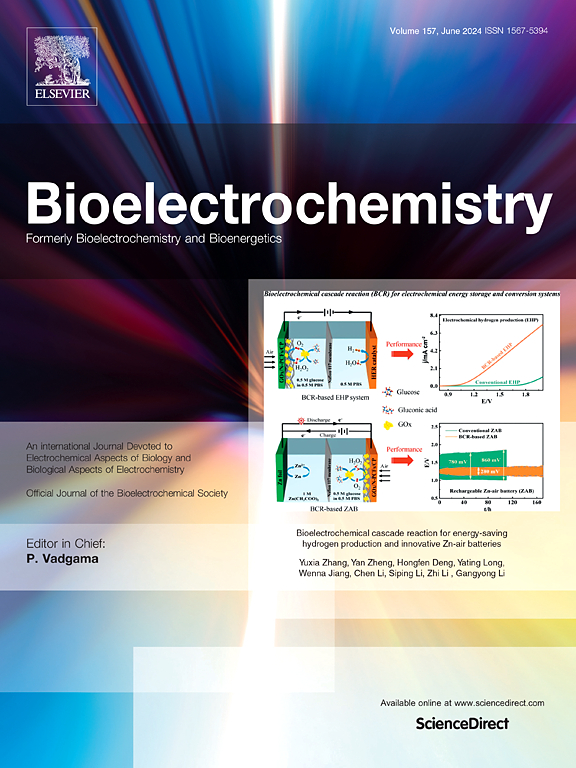代谢状态影响皮质醇对急性应激的反应:代谢和激素调节剂的系统回顾和荟萃分析
IF 3.6
2区 医学
Q1 NEUROSCIENCES
引用次数: 0
摘要
皮质醇应激反应的个体差异是由多种生理因素形成的。然而,与代谢和激素状态的相互作用仍然知之甚少。因此,我们进行了系统回顾和荟萃分析,以研究代谢因素(特别是葡萄糖)和性激素水平(黄体酮和雌二醇)如何影响皮质醇对急性应激的反应。我们确定了21项研究(N = 1216名参与者),并对代谢和激素状态进行了随机效应荟萃分析。在所有研究中,与禁食或非葡萄糖控制条件相比,葡萄糖给药与皮质醇对急性应激反应的显著增加相关(d = 0.30, 95% CI = [0.05, 0.60], BF10 = 2.42, NNT = 10.63)。相比之下,性激素对皮质醇反应的影响更小,变化更大,黄体酮和雌二醇都表现出微弱且不一致的关联。我们的研究结果强调了代谢状态(特别是葡萄糖可用性)对HPA轴反应性的强大调节作用,而性激素作用的证据仍不确定。未来的研究应侧重于更好地协调性激素的设计,并系统地检查代谢和激素状态之间的相互作用,以更好地解释代谢和压力相关疾病患病率的性别差异。本文章由计算机程序翻译,如有差异,请以英文原文为准。
Metabolic state shapes cortisol reactivity to acute stress: A systematic review and meta-analysis of metabolic and hormonal modulators
Individual variability in cortisol stress responses is shaped by multiple physiological factors. Yet the interaction with metabolic and hormonal states remains poorly understood. Therefore, we conducted a systematic review and meta-analysis to examine how metabolic factors (particularly glucose) and sex hormone levels (progesterone and estradiol) influence cortisol reactivity to acute stress. We identified 21 studies (N = 1216 participants) and conducted random-effects meta-analyses for metabolic and hormonal states. Across studies, glucose administration was associated with a significant increase in cortisol responses to acute stress compared to fasting or non-glucose control conditions (d = 0.30, 95 % CI = [0.05, 0.60], BF10 = 2.42, NNT = 10.63). In contrast, the effects of sex hormones on cortisol responses were smaller and more variable, with both progesterone and estradiol showing weak and inconsistent associations. Our results highlight a robust modulatory role of metabolic state, specifically glucose availability, on HPA axis reactivity, while evidence for sex hormone effects remains inconclusive. Future research should focus on better harmonization of designs concerning sex hormones and systematically examine interactions between metabolic and hormonal states to better explain sex differences in the prevalences of metabolic and stress-related disorders.
求助全文
通过发布文献求助,成功后即可免费获取论文全文。
去求助
来源期刊

Neurobiology of Stress
Biochemistry, Genetics and Molecular Biology-Biochemistry
CiteScore
9.40
自引率
4.00%
发文量
74
审稿时长
48 days
期刊介绍:
Neurobiology of Stress is a multidisciplinary journal for the publication of original research and review articles on basic, translational and clinical research into stress and related disorders. It will focus on the impact of stress on the brain from cellular to behavioral functions and stress-related neuropsychiatric disorders (such as depression, trauma and anxiety). The translation of basic research findings into real-world applications will be a key aim of the journal.
Basic, translational and clinical research on the following topics as they relate to stress will be covered:
Molecular substrates and cell signaling,
Genetics and epigenetics,
Stress circuitry,
Structural and physiological plasticity,
Developmental Aspects,
Laboratory models of stress,
Neuroinflammation and pathology,
Memory and Cognition,
Motivational Processes,
Fear and Anxiety,
Stress-related neuropsychiatric disorders (including depression, PTSD, substance abuse),
Neuropsychopharmacology.
 求助内容:
求助内容: 应助结果提醒方式:
应助结果提醒方式:


